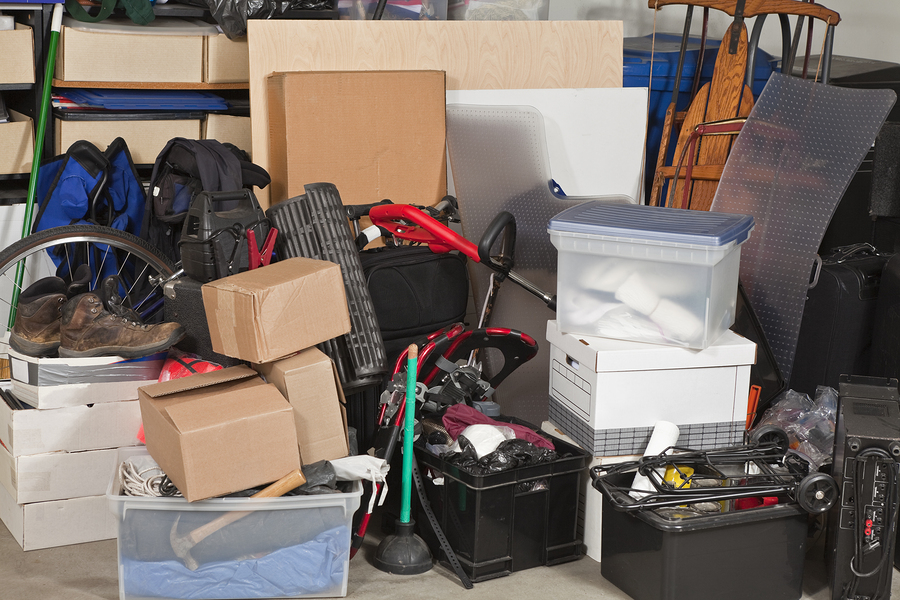
Seniors who have Alzheimer’s often have problems with disrupted sleep. They may get up and wander in the night, or have nightmares, or be unable to sleep because their internal body clock is off and they think it’s daytime when it’s really night. Medication side effects and other problems can interfere with their ability to sleep as well.
Alzheimer’s care, which is specialized care for seniors with Alzheimer’s, can help seniors sleep better by offering customized care solutions for your senior parent. Trained caregivers that specialize in Alzheimer’s care will work with your family and your senior parent to help seniors with sleeping issues like:
Insomnia
Seniors often struggle with insomnia, even seniors that don’t have Alzheimer’s. Insomnia can be tough to solve for seniors with Alzheimer’s because some of the traditional methods used to fight insomnia like reading or watching TV may not be things that seniors with Alzheimer’s can do. But there are some things that can help seniors with Alzheimer’s fight insomnia like finding any type of soothing and repetitive task for them to do. Folding laundry can be a very effective way to get a senior with Alzheimer’s calm enough to sleep. Using a fidget muff or a fidget blanket can also help them get to sleep.
Wandering
When seniors wander at night they may be agitated but unable to express why they’re agitated. They could be getting up and walking around because they know something is off but they don’t know what. If your senior parent is wandering a lot at night or getting out of bed frequently a caregiver can try to minimize the chances of wandering by making sure that your senior parent has a drink of water and a light snack before bed. That way they won’t be hungry or thirsty. Pain can also cause them to be agitated and wander so seniors need to be given their prescribed medication before bed too.
Disrupted Circadian Rhythm
If your senior parent is having trouble sleeping because they think it’s daytime when it’s really night you can try to reset their Circadian rhythm by using light therapy or by making sure they get outdoors for a good portion of the day where they will be exposed to sunlight. The sunlight should reset their Circadian rhythm and help them sleep the way they should when it’s dark outside. Disrupted Circadian rhythm can occur in seniors when the seasons change or when the clock moves forward or back.
Nightmares
It can be hard to know if your senior parent with Alzheimer’s is having nightmares if they can’t express to you that they’re having scary dreams or tell you about those dreams. But if the care provider reports that your senior parent is showing signs of having nightmares you can talk to their doctor about medications that might be able to help. If the nightmares are a side effect of medication changing that medication should eliminate the nightmares.
If you are considering Alzheimer’s care in Las Vegas, NV, for an aging loved one, please contact the caring staff at Golden Heart Senior Care of Summerlin. 702-800-4616.

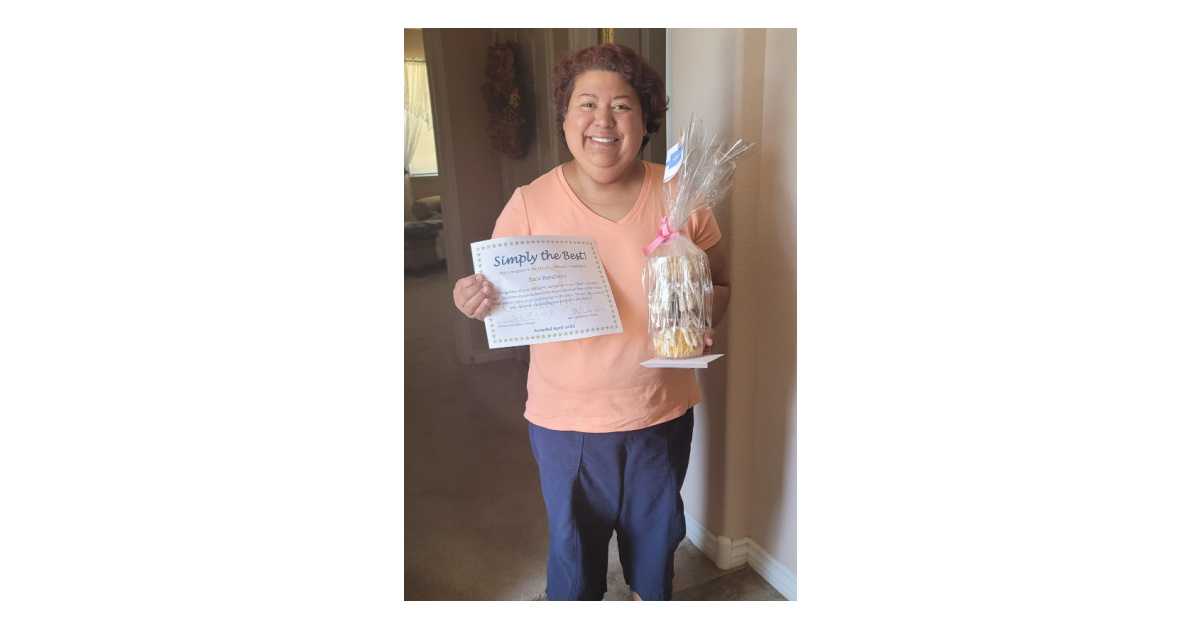
 Golden Heart Senior Care is proud to announce that Sara B is our Employee of the Month for April 2023. Sara is from Los Angeles California and she enjoys being around seniors and disabled clients. Sara likes to assist and help everyone with their activities of daily living. According to Sara, “It feels good to provide service to those in need.”
Golden Heart Senior Care is proud to announce that Sara B is our Employee of the Month for April 2023. Sara is from Los Angeles California and she enjoys being around seniors and disabled clients. Sara likes to assist and help everyone with their activities of daily living. According to Sara, “It feels good to provide service to those in need.”



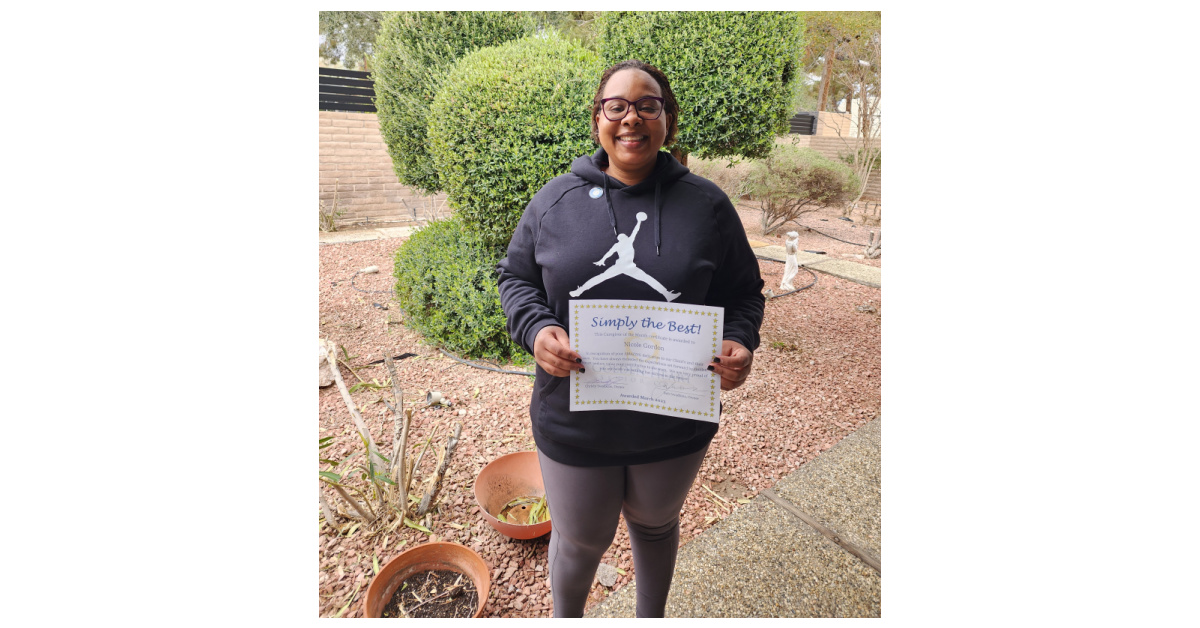
 Golden Heart Senior Care is proud to announce that Nicole G. is the Golden Heart Employee of the month for March 2023.
Golden Heart Senior Care is proud to announce that Nicole G. is the Golden Heart Employee of the month for March 2023.

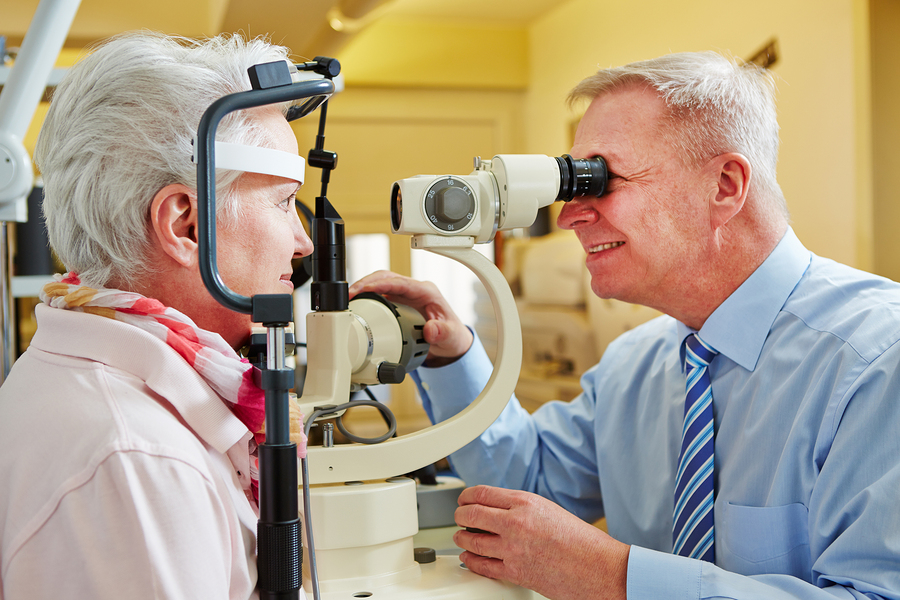

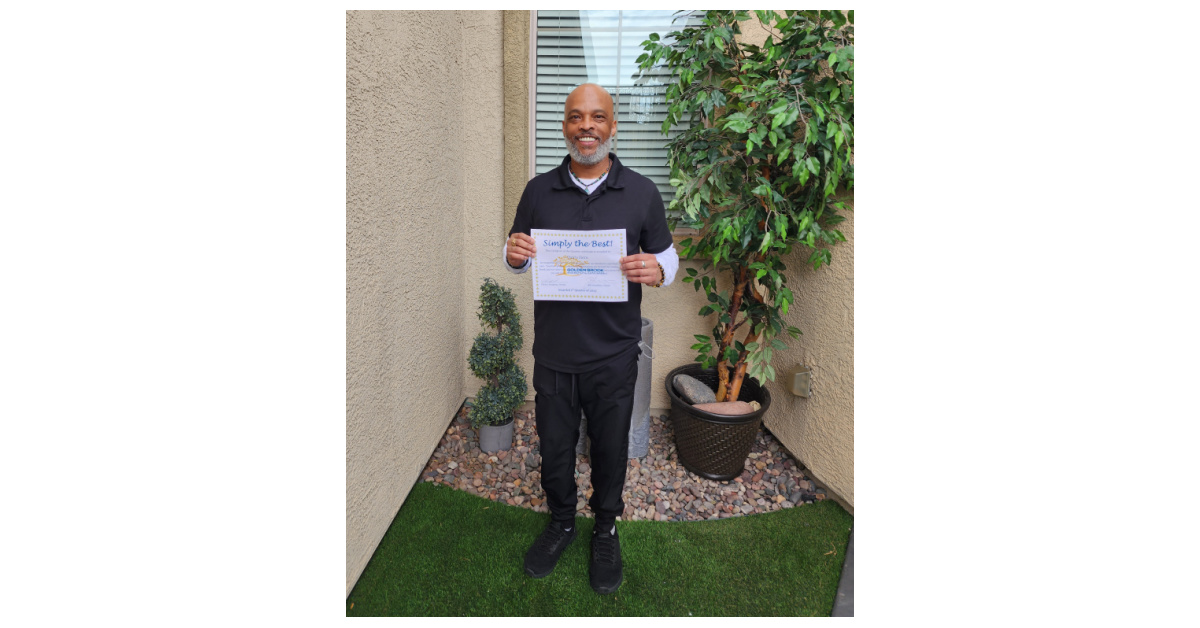
 Golden Brook Residential Care Home, a sister company to Golden Heart Senior Care, is proud to announce that Osiris H. has been awarded the Employee of the Quarter for the 1st Quarter 2023.
Golden Brook Residential Care Home, a sister company to Golden Heart Senior Care, is proud to announce that Osiris H. has been awarded the Employee of the Quarter for the 1st Quarter 2023.

